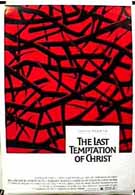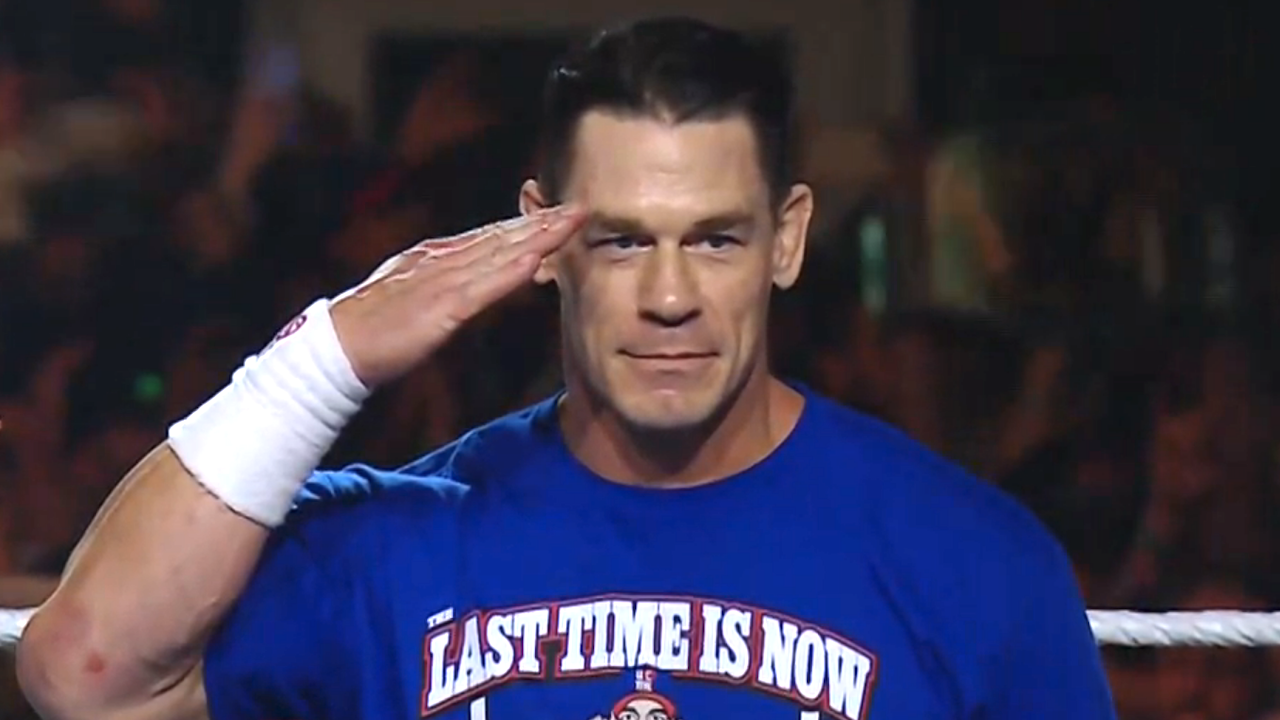Let’s face it. No matter how devout you are you have to admit that movies about Jesus blow, pretty much across the board. The problem is that because of the subject matter few movies have the stones to look at their subject matter without fawning admiration. This is not a problem that The Last Temptation of Christ has. This is not the story of some ethereal flesh cog who did what he did without so much as a second thought. This is the story of a man who knew that if he were to follow God's will he would face torment, humiliation, and betrayal, and if he turns away he will live a happy and fulfilling life as a husband and father, but finds the strength and nobility to follow God anyway just because he knows that its what needs to be done for the good of the world. It is simply the first movie to fully realize the drama at the heart of the Christ story and at the same time is full of beautiful and thoughtful philosophies that at once go against the grain of organized religious dogma and are completely true to the heart of its subject. The opening shot is simply stunning. A man is rolled up in a ball on the ground, his back covered with scars, he's muttering to himself about voices and the pain he uses to make them stop, he stands up and we realize that this broken figure is Jesus, the man who will inspire the greatest acts of cruelty and kindness. The shock is hit all the harder when we realize that he's been spending the missing time in the bible making crosses for the Romans. His life is threatened by a group of militants led by Judas and he leaves his village out of fear for his life. It is here that he begins the pilgrimage that will change the world.
As Jesus, Willem Dafoe is utterly astounding. His Jesus is an incredible creation which he embodies with the confusion and anger of a man cut adrift from God. At the same time he's capable of striking the steel of a great leader. In one scene that reverberates with power, he decides to take no more orders from a silent God and goes into the desert to await him. As he sits in the desert the devil speaks to him, offering power, love, fulfillment. Dafoe is great here in his defiance, as he stares down both God and Satan believing in neither side and tired of being their pawns.
Harvey Kietel is equally great as Judas and brings a truth to the character that many ignore: That it is much harder to betray then it is to be betrayed. Keitel gives the performance of a man filled with rage and pain. He has no choice but to do what he does even though his actions sicken him. In the last meeting between Jesus and Judas the look on his face and the sorrow in the voice make it seem like it is he, not Jesus on the cross.
Scorsese's direction is as always on the highest level. The beauty and desolation of Israel are fully captured, with many of Last Temptation’s shots standing out as the most inspired of his career. Peter Gabriel’s score is also amazing. a perfect complement to the film.
The problem with The Last Temptation of Christ is that Scorsese succeeds too well in toning down the pageantry and making Jesus more human. One particularly disastrous scene is the sermon on the mount. As anyone with even the most lapsed belief can tell you the sermon on the mount is more or less the turning point where Jesus went from just another would be messiah to a threat to both the Roman and the Jewish power structures. Here though, instead of multitudes Jesus is lecturing to an uninterested group of meager dozen, and far from being poetic the altered scripture comes out sounding more like a particularly inept youth pastor and comes just inches away of saying "The meek are dope yo". In the meantime the crowds reaction of screaming "Kill the Rich" and running as quickly off camera would be much more comfortable in The Life of Brian. The final shot of Jesus standing like a confused hippy whose buzz has been seriously harshed and muttering "No man I said love" is less then awe inspiring.
Another problem is that this is a very Catholic movie and also very much a dissection on the Catholic views of free will, faith, the nature of Christ etc etc. The problem is that if you are not Catholic some impact will be lost on you. The disc is Criterion which is really all you need to know. Scorsese does a rare audio commentary which is excellent but would have been better if he did not have to share it with Paul Shader, Willem Dafoe, and Jay Cocks. There is a nice interview with Peter Gabriel, more design stuff than you can shake a stick at, and some cool production footage shot by Scorsese himself. All in all an excellent disc which makes up in quality what it lacks in quantity.
Your Daily Blend of Entertainment News

